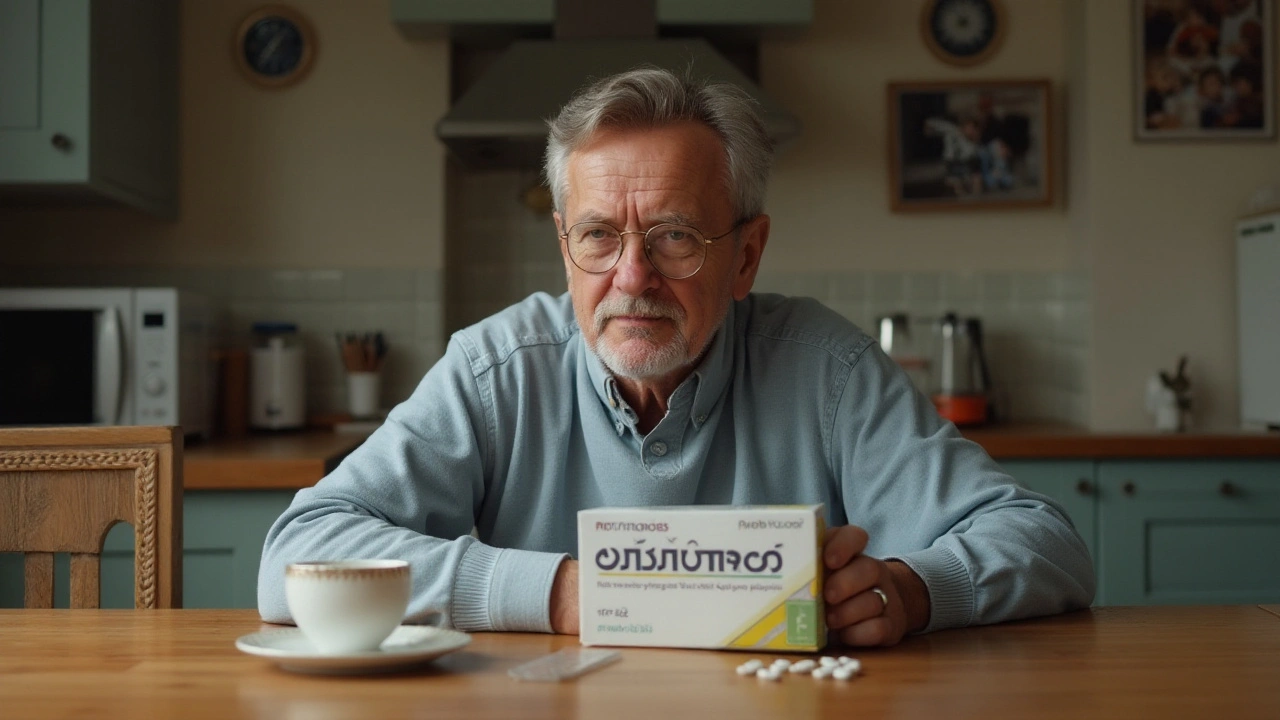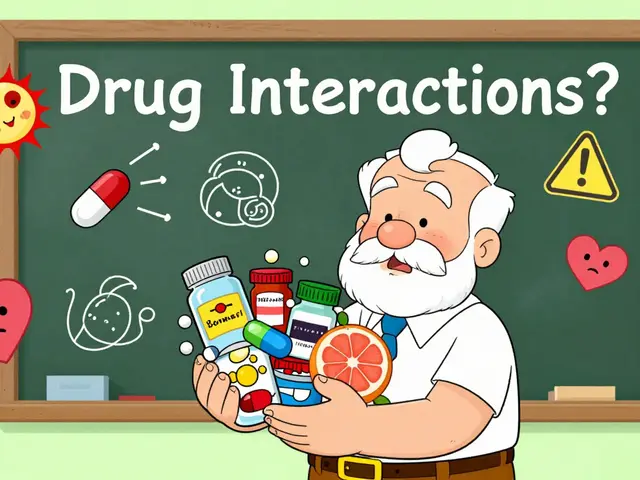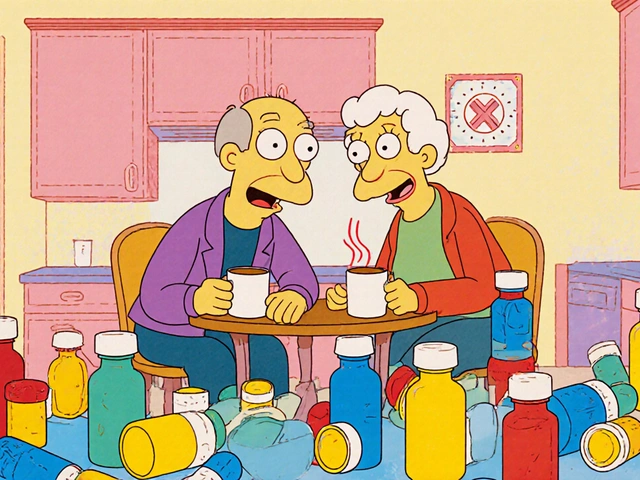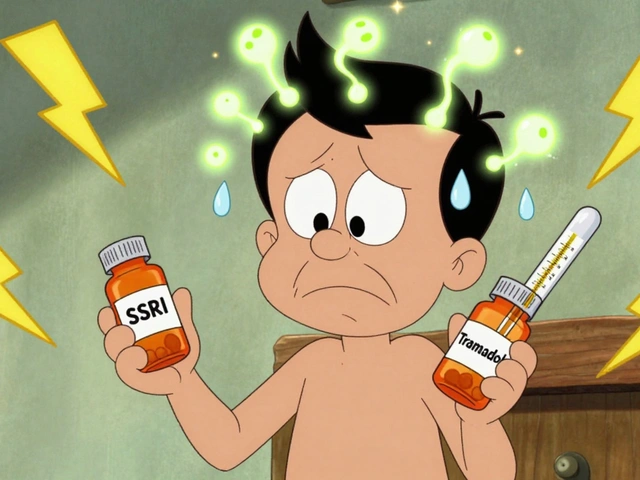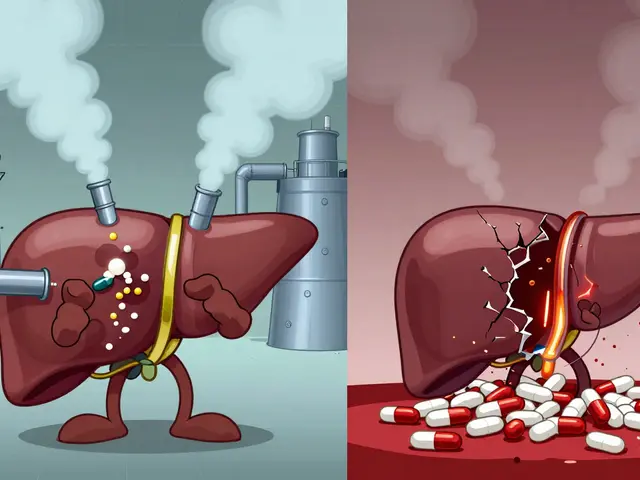Alcohol Addiction: Signs, Risks, and How to Seek Help
Alcohol can start as social drinking and quietly become a problem. If you or someone you care about is drinking more to cope, missing responsibilities, or feeling unable to stop, this page gives straight, useful steps you can take now.
Spot the signs fast
Look for changes in behavior and daily life: drinking to manage stress, hiding alcohol use, failing at work or school, relationship fights about drinking, blackouts or memory gaps, and needing more drinks to feel the same effect. Physical signs include shaky hands, poor sleep, weight change, and frequent hangovers. If drinking causes harm but continues, that’s a strong sign of dependence.
Not everyone with a few signs needs the same help. Mild problems may respond to counseling and habit changes. Heavy dependence can require medical detox and ongoing treatment. Don’t guess—get an honest evaluation from a doctor or counselor.
What to do right away
If someone drinks a lot every day, stopping abruptly can be dangerous. Severe withdrawal can cause seizures or delirium tremens. Reach out to a healthcare provider before quitting cold turkey. If you notice confusion, high fever, fast heartbeat, severe shaking, or hallucinations after stopping alcohol, call emergency services right away.
For safer quitting, start with these steps: tell a trusted person your plan, remove alcohol from the home, see a doctor to assess withdrawal risk, and consider a supervised detox program if needed. Medical supervision can include medicines that reduce withdrawal risk and ease symptoms.
Treatment options that work: brief counseling, cognitive behavioral therapy (CBT), motivational interviewing, and mutual-help groups like AA or SMART Recovery. Medications such as naltrexone, acamprosate, and disulfiram can reduce cravings or make drinking unpleasant—your doctor can explain what fits your situation. Combining medication and therapy gives the best results for many people.
Daily coping tips: keep busy with exercise, healthy meals, and sleep routines; identify and avoid triggers like certain people or places; use delay tactics when cravings hit (wait 15 minutes, drink water, go for a walk); and build small, realistic goals—today’s wins stack up.
If you’re supporting someone else, set clear boundaries, offer to help arrange treatment, and encourage medical evaluation. Avoid enabling behaviors like giving money for alcohol or covering up consequences.
Need resources? Start with your primary care doctor, local addiction services, or a helpline. For medication questions, GetRoman Pharmaceuticals SU offers plain-language info on treatments you might hear about. Remember: getting help is a strong move, not a weakness. If there’s any danger now—call emergency services. If not, book one medical appointment this week and make a simple plan to move forward.
